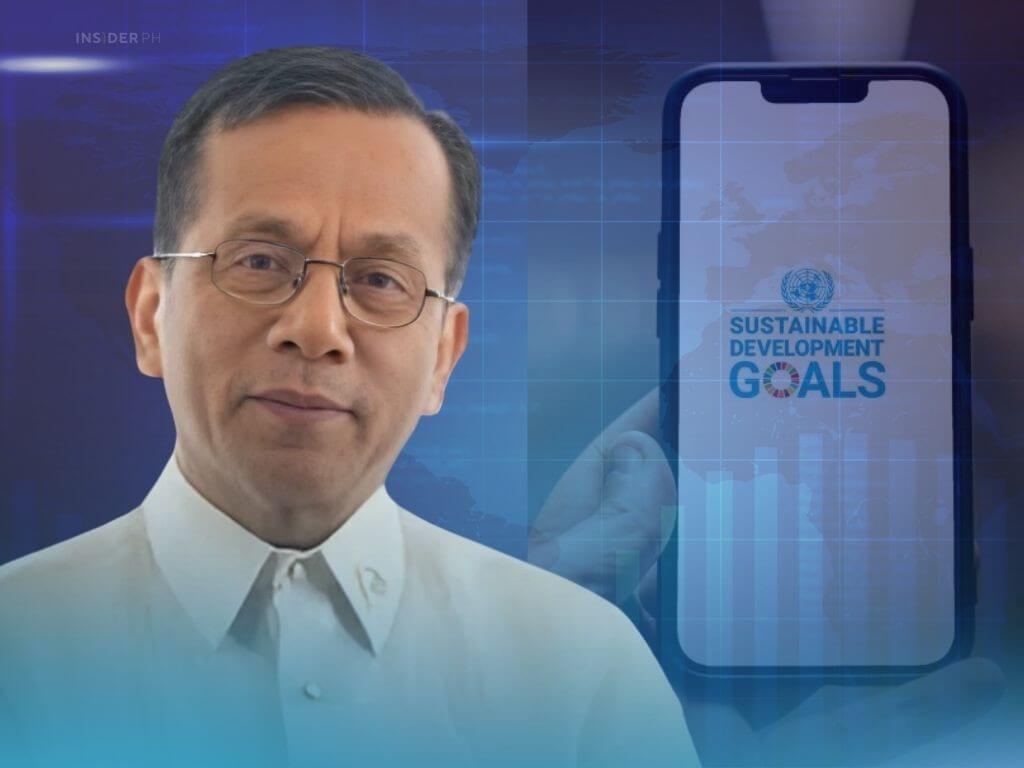

Speaking at the national presentation of the 2025 Voluntary National Review (VNR) on Aug. 27, DEPDev Secretary Arsenio M. Balisacan underscored the urgency of ramping up efforts across government, civil society, business, academe, and development partners.
“As we chart the path ahead, let us remember that the VNR at the national level and Voluntary Local Reviews at the subnational level are not the endpoints, but calls to action—urging the government, civil society, private sector, academia, and development partners, to redouble our efforts, innovate boldly, and work inclusively toward the 2030 Agenda,” Balisacan said.
Progress so far
The SDGs, adopted in 2015, comprise 17 global objectives tackling poverty, inequality, climate change, and sustainable growth. The Philippines’ latest review noted gains in:
“These gains reflect the country’s ability to address complex development challenges and its commitment to leaving no one behind,” DEPDev said.
Where the gaps remain
But challenges persist:
The report flagged systemic barriers such as financing gaps, uneven institutional capacities, and persistent inequality.
Driving the next phase
Balisacan said the country’s strategy will focus on:
“The VNR is more than a report; it is our evolving story of progress, resilience, and innovation in advancing the Sustainable Development Goals,” Balisacan said.
DEPDev also launched the SPACE Web Application, a digital hub for stakeholder engagement and SDG monitoring, developed with support from UNDP and the Government of Canada.
Local governments, including Baguio, Sta. Rosa, and Makati, also presented Voluntary Local Reviews showcasing grassroots SDG initiatives.
The Philippines’ fourth VNR was presented at the UN High-Level Political Forum in New York last July 20. —Ed: Corrie S. Narisma